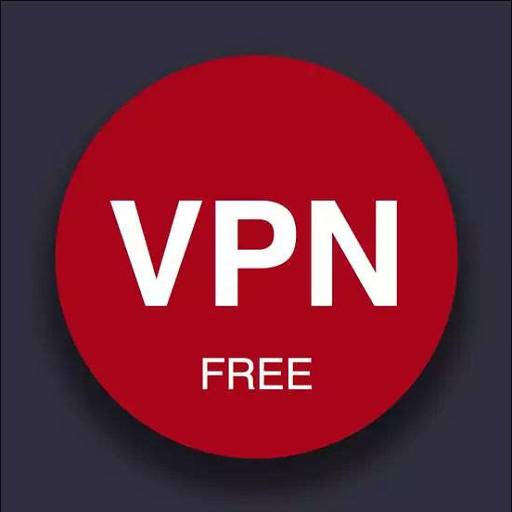Your internet activity is protected from prying eyes on the network when you use a VPN since it is routed through an encrypted server. In other words, neither your internet service provider (ISP ) nor other users of the same Wi-Fi network as you can see what you're doing online. Networks like your work or school network, which are typically unreachable when connected through your usual internet service provider (ISP), can also be accessed using VPNs. You may choose from a range of commercial and free VPN providers if you're not using one for work or school, and the majority of them can be used on your computer, phone, or tablet. Learn how to maximize VPN Efficiency by reading this article.
Consult your employer, institution, or company
You'll need to ask your company or organization for some details if you've been informed you must use a VPN to access its network. Depending on the network, different pieces of information are required, but generally speaking, you'll need to install a certain software or program, which requires a distinct account and password. If your computer isn't compatible with the VPN software, your IT department will help you make it so and will also assist you in connecting to the VPN and how to maximize VPN efficiency.
You can be given a default VPN password by your IT department before being given the option to change it. Use a password that is distinct but simple to remember, and keep it out of sight and off your computer. Avoid using information that might be guessed by someone else, such as birth dates, names of relatives, or anything else.
If you need to reinstall, upgrade, or roll back your operating system, get in touch with your IT staff right away. Your VPN settings may be lost.
Choose between using a free or a paid VPN service
You have a variety of choices if you're using a VPN for personal purposes, such as online anonymity or to access websites in different countries. Both paid and free VPN services are offered, and both have advantages:
Free VPNs are typically only free because they frequently impose data use restrictions, reduce network speeds, feature advertisements, and or can only be used on a single device at once. while you only sometimes want a VPN, such as while utilizing public Wi-Fi at a café or library, they can be useful. Most don't ask for a lot of information, and you won't have to commit to paying anything.
Choose a well-reviewed premium service if you want a solution that keeps your online activities hidden from prying eyes, offers you plenty of data without slowing down your speeds, and is more dependable. Additionally, just because a service is paid for doesn't necessarily mean that it will be expensive; some excellent programs have monthly fees as low as $2. Extensive VPN reviews are performed by Wire cutter's of The New York Times. Their top VPN recommendations are IPVN and Mullvad VPN. Other well-regarded providers include NordVPN, ExpressVPN, TunnelBear, and Encrypt.me.
Look up opinions and experiences
You'll need a VPN service you can rely on if your objective is to safeguard your data and stay safe online. Look up a service's name and "reviews" online before enrolling to learn more about actual customers' experiences with the product. A wonderful place to look for frank reviews is Reddit.
You might want to look into VPN services that don't keep track of your online behavior, but it can be difficult to identify whether providers are being completely truthful. When Turkish officials searched Express VPN's data center for client information, it was established that the service did not log any information about its users.
Create a user account
Once you've decided on a service, you'll often need to create an account and send your first payment (if the service is paid for). You can download the VPN provider's software to your computer, phone, and/or tablet once you've joined up.
Also Read: Exploring the Limits: Can Artificial Intelligence Truly Replace Human Intelligence
techtarget.com/searchnetworking/definition/virtual-private-network
Install the VPN program
Visit the website for the VPN service you're using, then adhere to their installation guidelines. You can download the app for the service you use from the Play Store (Android) or App Store (iPhone/iPad) if it supports tablets and/or smartphones.
When installing the software on a PC, double-click the file you downloaded from the website (which typically ends in.exe) and follow the on-screen directions. Launch the program from your Start menu after installing your VPN.
On a Mac, you will normally be prompted to drag the application into your Applications folder after launching the.dmg file. If your computer has a password, you will be prompted to enter it when it first starts up.
Start the app on your smartphone from the home screen. You will be prompted to sign in using your account or make one if you don't already have one.
Launch your VPN program
It's time to launch your VPN after you've downloaded and set it up. The software can be found in your Windows menu if you're using a Windows computer. It will be in your Applications folder if you're using a Mac. Users of smartphones and tablets can discover the VPN service icons in their app lists.
Utilize your account to log in
The majority of VPN services need you to generate a username and password when you sign up. The initial time you log in is typically the only time you need to enter this information, though more secure sites can require a fresh login each time.
You will have secure access to your network if you use a company's VPN or most personal software. A virtual desktop, sometimes known as a new window that resembles your desktop at work and from which you can access company resources, might appear. Alternately, you might need to open your web browser and input a secure web address to access the resources of your firm.
Only activate your VPN service when you need to secure your IP address if it has usage restrictions on how much data or time you can use it.
Read the usage guidelines
Make sure you read the conditions of usage before using a VPN for personal use. Some VPNs, especially the free ones, could set up extra software or show advertisements. Make sure you are aware of the services your VPN offers, the obligations it places on you, and the data it gathers.




No comments yet
Be the first to share your thoughts!